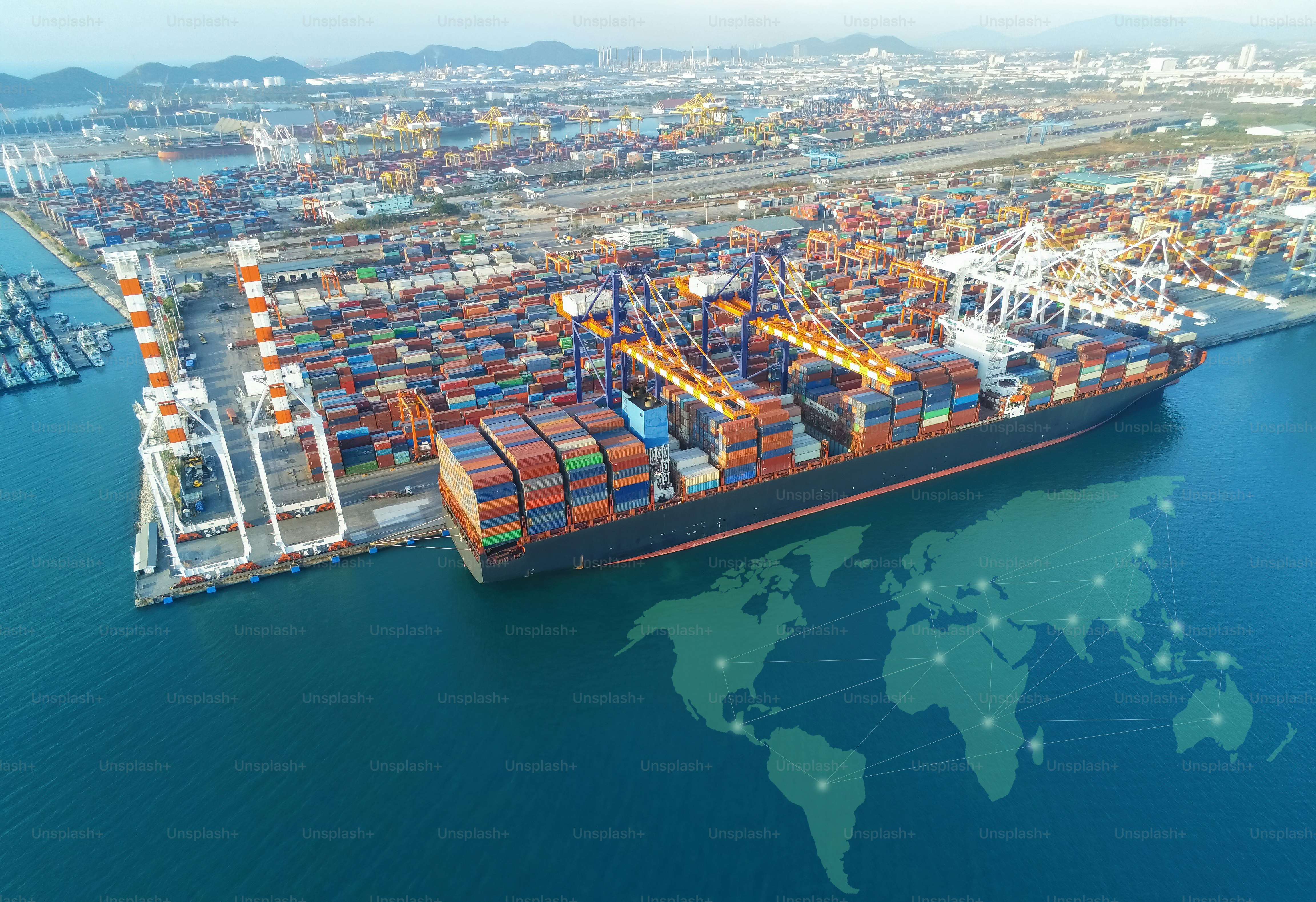Folks, let’s be real. The chickens are coming home to roost. The Trump administration’s high-stakes tariff gamble on China is teetering on the brink of blowing up in their faces, and they finally seem to be realizing it.

According to multiple sources reporting on April 18th, the White House is now seriously considering forming a task force to deal with the supply chain crisis these tariffs are actively creating. It’s a stunning admission, frankly, that hitting China with these aggressive levies wasn’t exactly the masterstroke some claimed it was.
This isn’t about negotiating tactics anymore; it’s about damage control. If talks with Beijing stall – and let’s face it, they haven’t exactly been fruitful – this task force will be thrown into the deep end to untangle the mess.
We’re talking potential disruptions across numerous sectors, folks. This isn’t just abstract economic theory; this impacts real businesses, real jobs, and ultimately, you and me.
Who’s potentially on this emergency squad? VP Vance, Treasury Secretary Bassant, Commerce Secretary Lutnik, NEC Director Hassett, CEA Chair Milan, and USTR Greer are all rumored to be involved. A veritable ‘who’s who’ of the economic establishment – but will it be enough?
Let’s break down the core issue: Understanding Trade Wars & Supply Chains
Trade wars, like the one we’re witnessing, aren’t isolated events. They create a ripple effect across global supply chains. Tariffs increase the cost of imported goods.
These increased costs are often passed on to consumers, leading to higher prices. Businesses dependent on those imports struggle to maintain profitability.
Supply chains are complex networks. Disruptions in one area can quickly cascade through the entire system, causing widespread delays and shortages.
Washington’s long-term strategy seems unclear. A lack of clearly defined goals and exit strategies can exacerbate the risks associated with protectionist policies.
Ultimately, the fallout from this situation serves as a stark reminder: in a deeply interconnected global economy, there are no winners in a trade war, only varying degrees of losers.






